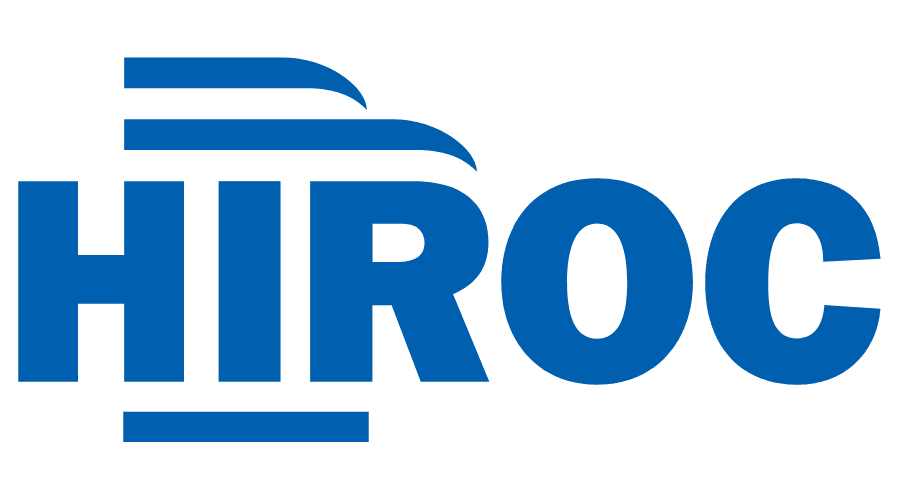This website uses cookies so that we can provide you with the best user experience possible. Cookie information is stored in your browser and performs functions such as recognising you when you return to our website and helping our team to understand which sections of the website you find most interesting and useful.

Canada’s Health CEO Forum is a limited space, invitation-only event to engage health leaders in open and honest discussion – under the Chatham House Rule – on the challenges and issues defining the future of health in Canada, while fostering practical reflection and networking to identify actionable solutions.
Overview of the The Better Health Outcomes: What’s Holding Canada Back 2023 CEO Forum
On November 2, 2023, the C.D. Howe Institute and HealthCareCAN, hosted a conference entitled “Better Health Outcomes: What’s Holding Canada Back?” The sessions, held under the Chatham House rule to promote discussion, focused on challenges in Canadian healthcare systems including human resource shortages, data availability, improving quality and efficiency, and addressing questions of governance and systemic reform.
Canada’s healthcare systems face many crises, particularly in the wake of the COVID-19 pandemic’s straining of capacity and resources. Many Canadians lack access to primary care. Fewer surgeries are being performed than before the pandemic. Overtime hours among the healthcare workforce have increased, linked to staff shortages and worsening burnout. During the first two-and-a-half years of the pandemic, about 13 percent (743,000) fewer surgeries were performed in Canada (excluding Quebec), compared to 2019. Overtime hours increased by 15 percent in 2020-2021 (CIHI 2023.) Addressing the many challenges requires transformation in healthcare. The C.D. Howe Institute and HealthCareCAN partnered to bring together leaders from across the healthcare sector and country to discuss the challenges, share successful solutions and develop ideas for innovative health system adaptations to improve healthcare for Canadians.
There was broad agreement among presenters and participants, drawn from both the public and private sectors, that Canada’s healthcare systems are under strain, and more than incremental innovation is needed to address the many challenges. The presenters also showcased various strategies and successes from across the country that are improving access to primary care, increasing staff retention and satisfaction, and improving patient experiences. Different presentations highlighted the challenges of balancing innovation and experimentation with standardization and ensuring best practices across the country. There were different opinions about the role for government in decision-making and leading structural reforms. Despite significant debate, participants and panelists agreed that successful healthcare reform requires strong and empowered leadership with a sustained focus on improving healthcare outcomes and meeting the needs of the population.
As the conference ended, attendees were canvassed for insights on the most influential policy propositions and significant learnings gleaned from the day’s deliberations. The crucial takeaways and focal points aimed at enhancing health outcomes included:
- Engage Canadians on how to transform healthcare systems to better incorporate competition with public healthcare systems and more effectively and equitably integrate private healthcare delivery, insurance and financing options.
- Health policymakers and leaders should be designing the system to create a culture that rewards innovation and aligns incentives across with improved health outcomes.
- Empower citizens to demand changes that improve the outcomes that matter most to them. Move to a citizen-centric approach instead of health systems that are politician-centric, bureaucratic-centric, and doctor-centric.
- Increase prevention efforts and improve accessibility and equity to enhance population health and reduce the demand for more advanced healthcare services over the long term
- Address staff shortages, improve retention and reduce burnout by proactively addressing major points of dissatisfaction and inefficiency, particularly administrative work, to improve capacity to provide care and implement improvements.
Panelists and participants suggested a number of strategies to address these priorities and improve health outcomes throughout the day. A critical challenge in addressing the various health priorities is balancing the tension between experimentation with new innovations and the need to scale successful models across the country.
There was general consensus among presenters that successful innovation requires an iterative approach and that no single solution will be appropriate across all settings without adaptation. However, scaling best practices, ensuring equitable treatment across the country, and improving connectivity of data requires some standardization. Addressing health system challenges also requires empowered, accountable and transparent leadership with a balance between streamlined decision-making and ensuring that all the necessary stakeholders have a meaningful voice in changes. To find the appropriate balance that leads to a high-quality and innovative system and addresses the critical challenges in Canada’s healthcare systems, participants suggest the following action items:
Data Accessibility and Transparency:
- Improve data accessibility and linkages for coordination of care and reducing administrative labour for practitioners.
- Increase data collection and reporting of patient outcomes and experiences to provide accountability for health outcomes and transparency for patients. Quality and outcome reporting empower citizens with information that can provide the political mandate for innovation and improve the accountability of decision-makers.
Health Human Resources:
- Address physician remuneration and align incentives with desired outcomes.
- Reduce geographic barriers to practice by implementing national licensing, streamlining practice entry pathways for internationally-trained physicians and increasing the number of training positions for domestic and international medical school graduates.
- Actively embracing allied health services as health partners and expanding scopes of practice where appropriate.
- Investigate sources of staff dissatisfaction, stress and burnout and address them in practical ways that meaningfully recognize and alleviate challenges.
System Administration:
- Expand health teams and virtual care to improve primary care access, particularly in under-served populations.
- Improve procurement and budgeting practices by shifting from measuring outputs based on costs and volumes to improved health outcomes.
- Reduce administrative and bureaucratic barriers to change, and engage staff at all levels and empower them to implement improvements.







